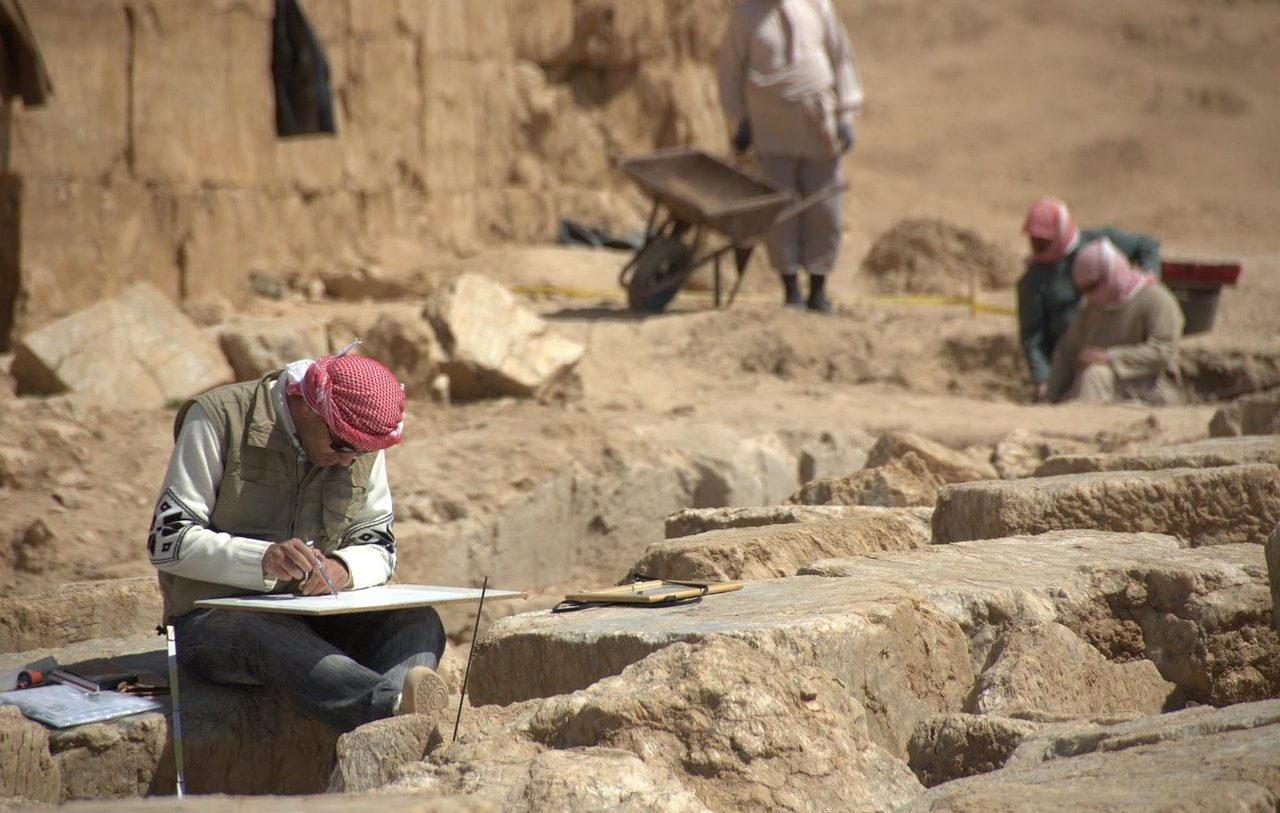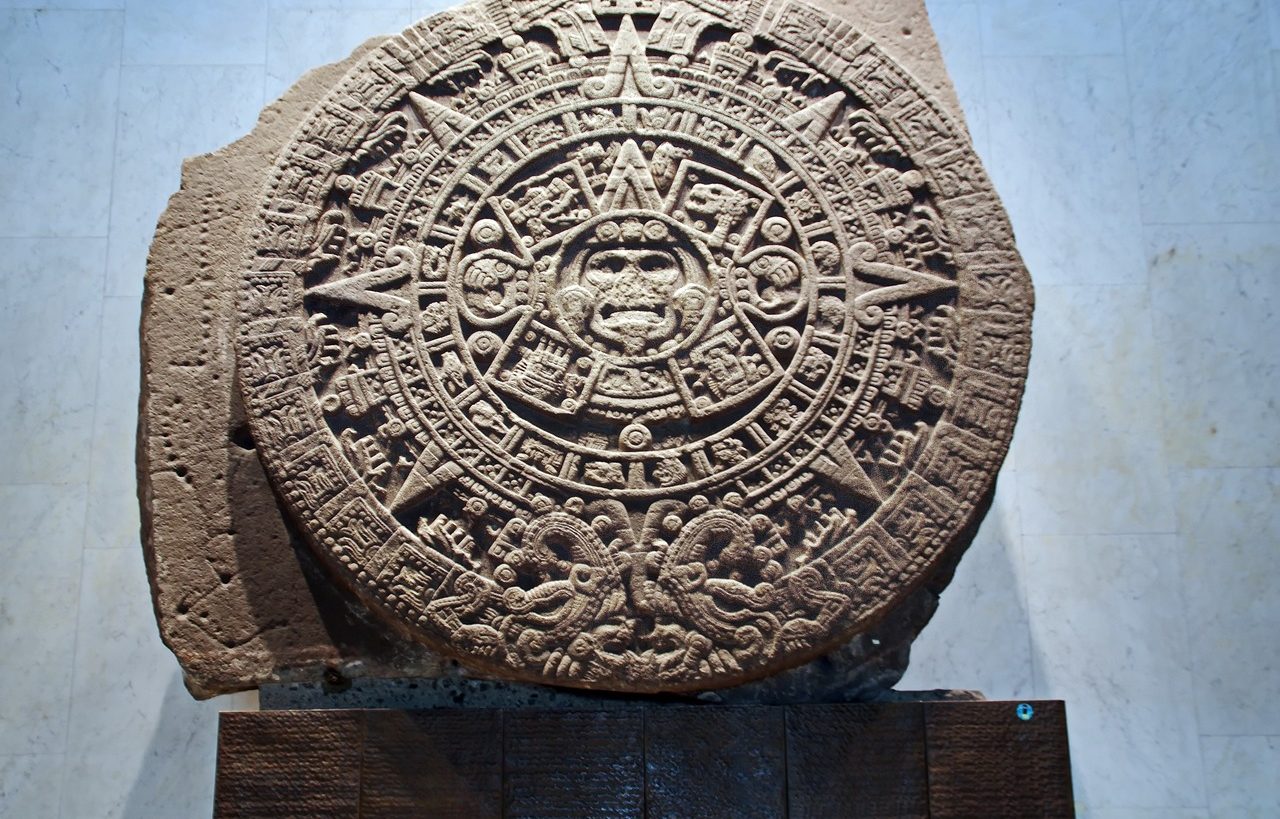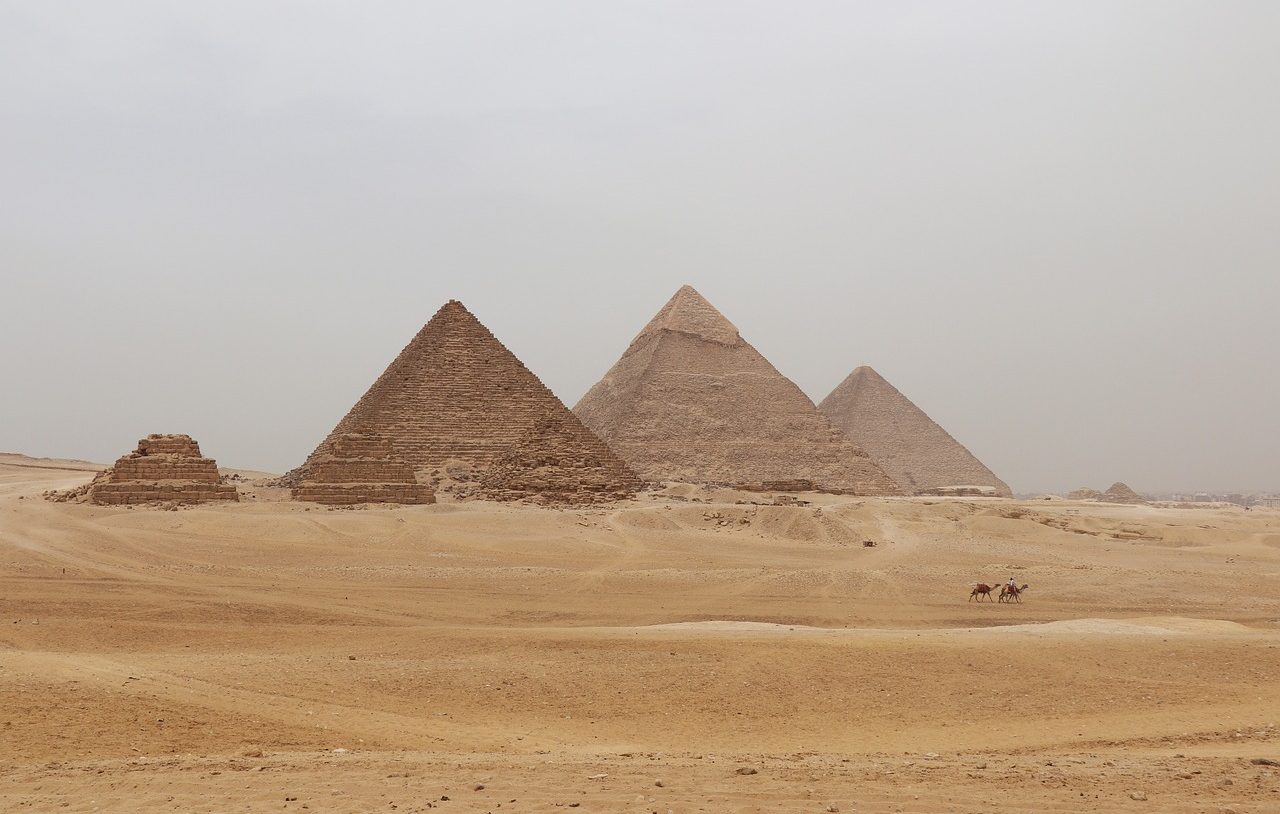
Archeology uses carbon-14 tests to carry out dating.
Archeology is the science that studies ancient societies based on their material remains . Through the analysis of objects and works built by people who existed long ago, this science can reach conclusions about their culture and ways of life.
People who dedicate themselves to studying the past within this science are known as archaeologists . Their work consists of reconstructing the life of ancient populations from the material manifestations they have left behind . Thanks to various techniques developed throughout history, archaeologists can "read" objects and learn from them various aspects of human behavior in the past. The study methodology helps them place the various elements found in a specific time and space, in order to analyze them within a particular context .
Although traditional archeology focuses on Prehistory and the Ancient Era , in recent decades archaeological technique has been applied to more recent periods, such as the Middle Ages and the Modern Age . There is also another branch of archeology that aims to study more recent times; It is known as industrial archeology and its analysis focuses on the inspection of urban waste.
Branches of archeology
The most important branches of archeology are:
- Ethnoarchaeology : It is dedicated to studying a living society based on its production of material artistic works.
- Contextual archeology : Focuses its study on the associations that may exist between various objects and the way in which each one influenced the life of society.
- Cognitive archeology : Studies the thought forms and symbology of peoples of the past based on the material remains found.
- Experimental archaeology : It bases its study on the reconstruction of materials from the means used in ancient times , in order to understand their functioning and the limitations they presented.
- Landscape archeology : Try to understand what the environment was like in which the people to be studied lived and the way in which they interacted with it.
- Archaeometry : Through physical-chemical techniques that are applied to the object of study, in-depth analyzes can be established about its construction, the characteristics of its materials and the way in which it was manipulated.
- Holistic archeology : Analyzes the abstract and intellectual aspects of a society to understand it thoroughly. Through the notions of politics, art, ecology, etc. that distinguished this human group, you can thoroughly understand the way they lived and the priorities of each group.

The material culture of a people can be reconstructed thanks to archaeology.
Linked concepts
There are various terms related to archeology . Some of them are:
- Archaeological prospecting : It consists of the exploration of a territory in search of material remains of a society .
- Archaeological site : Also called archaeological site , it is that place where remains of a settlement have been found and the perimeter is delimited for study. The sites are usually hidden underground, especially if the culture being studied is very old. Objects of interest for archeology are known as artifacts and can be ruins of different types, tombs, coins, vessels, ornaments, manuscripts, etc.
- Archaeological excavation : It is an activity that must be carried out very delicately since it can only be carried out once in each geographic space. Each excavation of this type must be authorized and endorsed by a competent institution. Those in charge of carrying it out are usually specialized people, capable of distinguishing valuable objects from those that are not and establishing connections between the remains and the culture that left them. The conservation and restoration of archaeological heritage are key to the subsequent generation of knowledge.
- Laboratory work : It consists of the analysis of the remains obtained. Once the archaeological excavation has been carried out successfully, the objects are transferred to a warehouse where, using a series of technological tools, scientists can analyze them and draw conclusions about their origin.

Archeology was key to studying the pyramids and mummies of the Ancient Egyptian civilization.
Examples of archeology
An example of archeology is the work that was done at Machu Picchu . This Inca citadel, located in the Peruvian department of Cusco , was rediscovered by the American explorer Hiram Bingham in 1911 , thus beginning an archaeological investigation that was supported by the government of Peru , the National Geopraphic Society and Yale University . Between 1912 and 1915, experts were in charge of clearing the vegetation, although the first publications in archaeological magazines about the work were made in 1913 .
It is estimated that more than 46,000 pieces were extracted from Machu Picchu , leaving Peru . In 1989 , meanwhile, Machu Picchu was registered as a World Heritage Site by UNESCO . Today it is a prominent cultural tourism destination, although authorities regulate access to control the environmental impact and guarantee the conservation of these archaeological resources.
The Mausoleum of Qin Shi Huang , containing the statues known as the Terracotta Warriors , is another example of archaeology. It dates back to the 3rd century BC and was buried for about two millennia. In the case of the Terracotta Warriors , their discovery was accidental: in 1974 , farmers found them while digging in search of water.
Expert word
The Spanish Sandra Azcárraga Cámara has a doctorate in Prehistory and Archeology from the Autonomous University of Madrid ( UAM ). He also trained in Scientific Dissemination with a postgraduate degree from the Isabel I University of Castilla .
Throughout his career he participated in multiple excavations and surveys. She is currently co-director of the excavations at Primitiva Complutum , an archaeological site of a Roman city on the San Juan del Viso hill ( Community of Madrid ).
. What are the keys for an archaeological excavation to be successful? What skills or qualities should the archaeologist have, beyond their technical knowledge?
In my opinion, for an archaeological excavation to be carried out successfully it must be well planned, with clear objectives set before it begins. The team that works on it will also be very important, since both their previous experience and good management will be key to the final result. In that sense, some of the qualities of an archaeologist, regardless of their technical knowledge, must be passion for their work and intuition, which will allow them to go further in the results obtained.
Sandra Azcárraga Camera
– How do you work to disseminate Primitiva Complutum? What strategies do you use to bring the discoveries made at the site closer to the community in general?
At Primitiva Complutum we care about making our research reach the general public, being one of our key objectives in each campaign. We try, whenever possible, to hold guided tours and open days at the site. We also offer guided hiking routes, also working with the historical recreation of different aspects of life in Roman times. Furthermore, when the campaign we develop focuses solely on surveys, superficial or using georadar, we present the results through in-person conferences and/or videos on YouTube.
Sandra Azcárraga Camera
